Ever locked eyes with a screen icon whose gaze pulls you in like a midnight tango—mystery, fire, and confidence all wrapped in one? That’s Edwige Fenech, the woman who didn’t just act in films—she enchanted them. From the shimmering sets of Italian comedies to the chilling tension of giallo thrillers, she defined the sensual sophistication of 1970s European cinema. At 76 in 2025, her magnetism hasn’t faded; it’s aged like a fine Chianti, deep and intoxicating. Let’s uncover how this North African-born beauty became one of Italy’s most captivating cinematic goddesses.
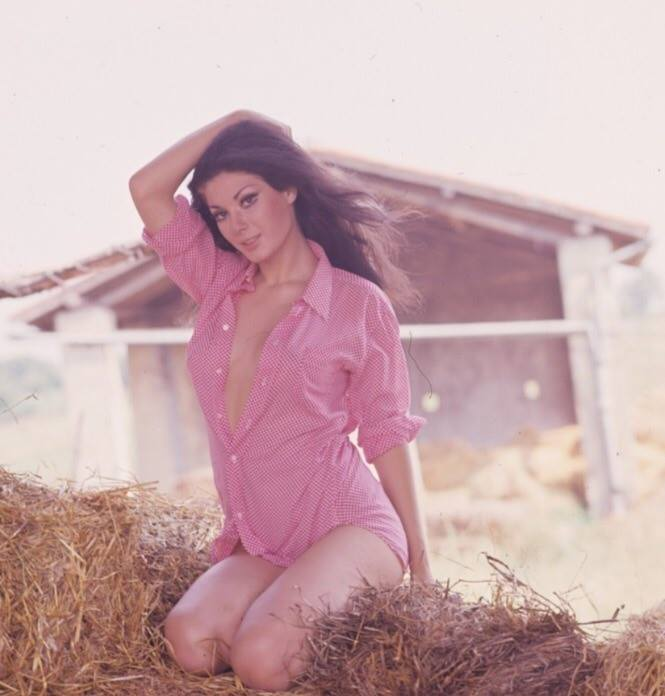
From North African Roots to French Riviera Lights
Edwige Fenech was born on Christmas Eve, 1948, in Bône—now Annaba, Algeria. Her father was Maltese, her mother Italian, and from the start, her life was a rich tapestry of cultures and contrasts. When her family moved to Marseille, France, little Edwige grew up in the swirl of Mediterranean scents, laughter, and stories that shaped her imagination.
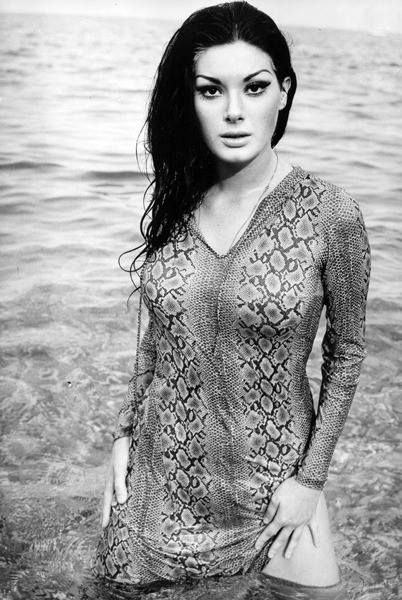
By sixteen, she had already begun chasing the limelight, winning beauty contests like Miss Mannequin de la Côte d’Azur. Modeling opened doors to glamour and travel, and Edwige’s poise quickly caught the attention of casting directors. Her trilingual fluency and natural allure gave her a rare versatility—she wasn’t just beautiful; she was worldly, magnetic, and ready for the camera’s love affair.
Video : Holiday Love Edwige Fenech
From Model to Muse: Edwige Fenech’s Early Breakthrough
The late ’60s brought Edwige’s first taste of cinema. She debuted in the French comedy Toutes folles de lui (1967), a lighthearted romp that showed her comic timing and radiant screen presence. Shortly after, she appeared in a string of West German comedies, including Das süße Leben der Studentin (1968), where she perfected the art of teasing the camera without ever crossing into vulgarity.
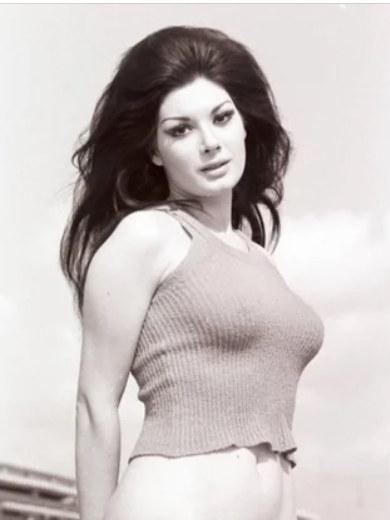
But Rome was calling. When she moved to Italy, she adopted her mother’s maiden name, “Fenech,” and began her transformation from ingénue to icon. Her big break came with Five Dolls for an August Moon (1970), directed by the legendary Mario Bava. A stylish giallo filled with glamour and danger, it hinted at the layered performances she would later deliver—equal parts mystery and magnetism.

Queen of Commedia Sexy: When Laughter Met Desire
By the early ’70s, Edwige ruled Italian screens as the queen of commedia sexy all’italiana—a genre that mixed humor, satire, and seduction. She became the muse and collaborator of producer Luciano Martino, her then-husband, and together they created a string of hits that made her Italy’s ultimate screen siren.

Films like Ubalda, All Naked and Warm (1972) and Giovannona Long-Thigh (1973) captured her trademark blend of sensual charm and comedic wit. In The School Teacher (1975) and The Policewoman (1978), she embodied modern femininity—smart, self-aware, and irresistibly confident. Her characters weren’t just pin-ups; they were women in control, often outsmarting the men who underestimated them.

Audiences adored her, critics respected her, and box offices couldn’t get enough. With her expressive eyes and graceful poise, Edwige turned what could’ve been one-note comedies into sparkling showcases of female charisma.
Giallo Glamour: The Thrill of Shadows and Seduction
Beyond laughter, Edwige thrived in the dark corridors of Italian thrillers. She became one of the defining faces of the giallo genre—a cinematic cocktail of murder, mystery, and beauty. Her standout performances in The Case of the Bloody Iris (1972), Strip Nude for Your Killer (1975), and Five Dolls for an August Moon solidified her reputation as both scream queen and femme fatale.
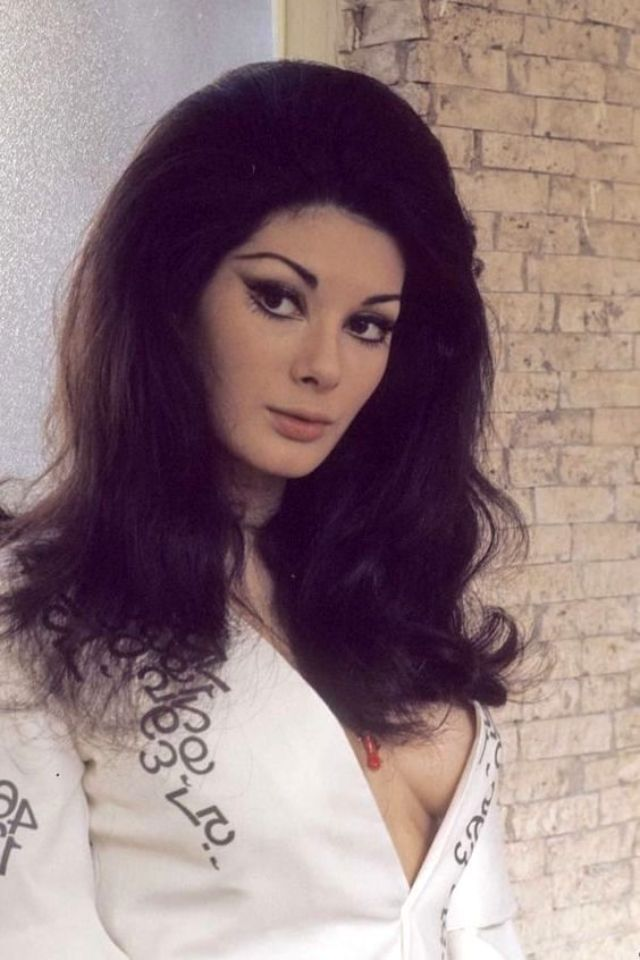
In these roles, she wasn’t just a victim or a vixen—she was both. Her expressive fear felt authentic, her defiance magnetic. Directors adored her for the way she balanced vulnerability and strength, crafting heroines who could cry one moment and outwit killers the next. “I loved the danger, the duality,” she once admitted. “You had to be beautiful, but you also had to be believable.”
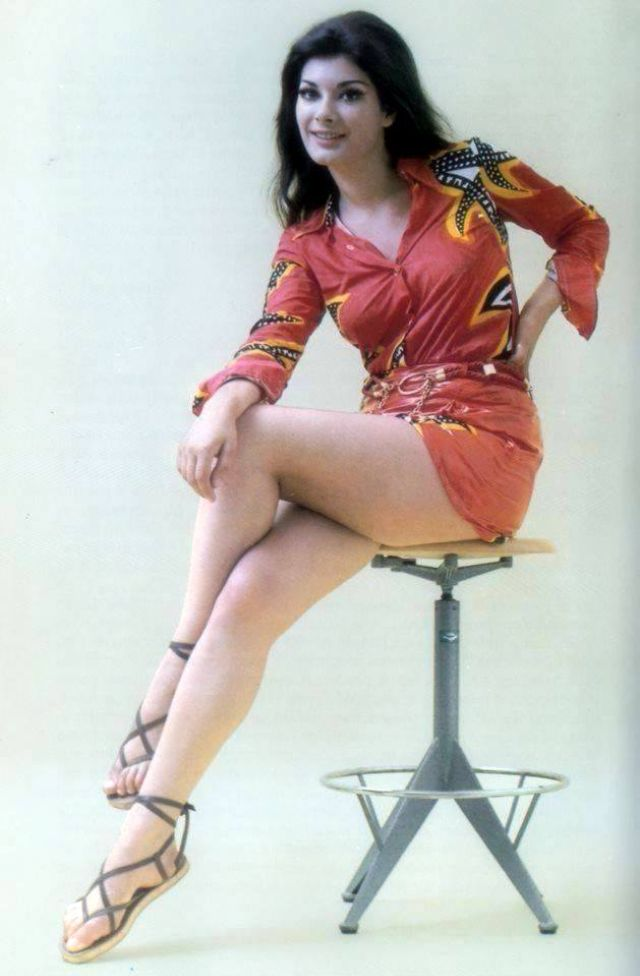
Behind the Glamour: Love, Motherhood, and Mystery
Edwige’s off-screen life was as fascinating as her filmography. In 1971, she married producer Luciano Martino, and that same year, their son Edwin was born. Though their marriage ended in 1979, their creative partnership endured, leaving behind a cinematic legacy that defined an era.
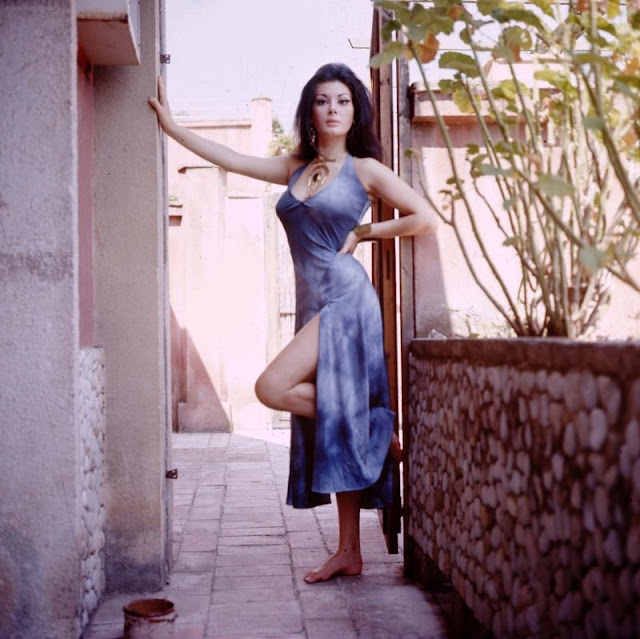
Her rumored romance with Luca di Montezemolo, the charismatic chairman of Ferrari, added a touch of intrigue to her already glamorous aura. Yet despite the fame, Edwige always guarded her privacy. “I gave my life to cinema,” she once said, “but I kept my heart for myself.”
Her greatest pride remains her son, now a successful executive in the automotive world—a reflection of the same drive and elegance that defined his mother’s career.
Video : Edwige Fenech – Biografia
Producer, Powerhouse, and Modern Reinvention
When the camera’s heat began to cool in the 1980s, Edwige reinvented herself behind the scenes. She co-founded the production company Immagine e Cinema S.r.l., producing high-profile projects including The Merchant of Venice (2004) starring Al Pacino. Her sharp instincts and industry experience made her one of Italy’s few female producers to command respect in a male-dominated field.
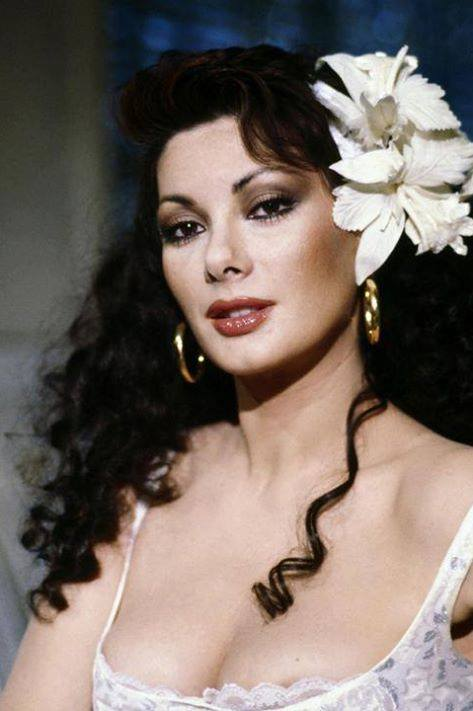
She also appeared occasionally on Italian television, co-hosting shows and producing mini-series that blended drama and sophistication. In 2007, she made a nostalgic cameo in Eli Roth’s Hostel: Part II, a loving nod from a new generation of filmmakers who grew up idolizing her. Quentin Tarantino even named a character “Ed Fenech” in Inglourious Basterds—a tribute to her enduring influence.
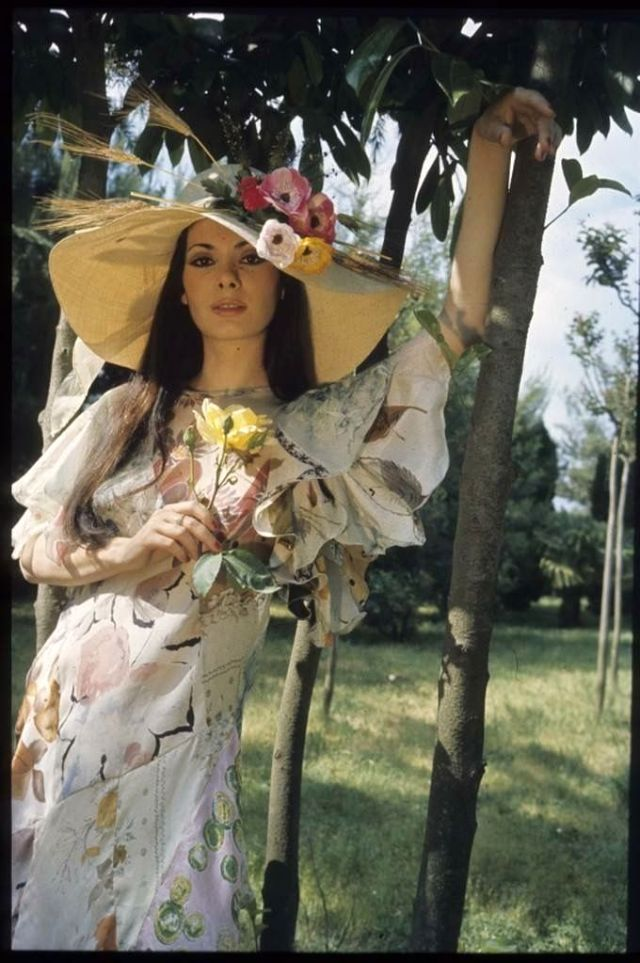
Life Today: Grace, Serenity, and Legacy
At 76, Edwige Fenech remains a symbol of timeless elegance. She lives quietly in Rome, balancing family life with occasional public appearances and film retrospectives. Her beauty has softened into serenity, her laughter still warm and contagious. She’s often spotted attending charity events, particularly those supporting women in cinema—a fitting mission for a woman who once shattered stereotypes with every wink and smirk.
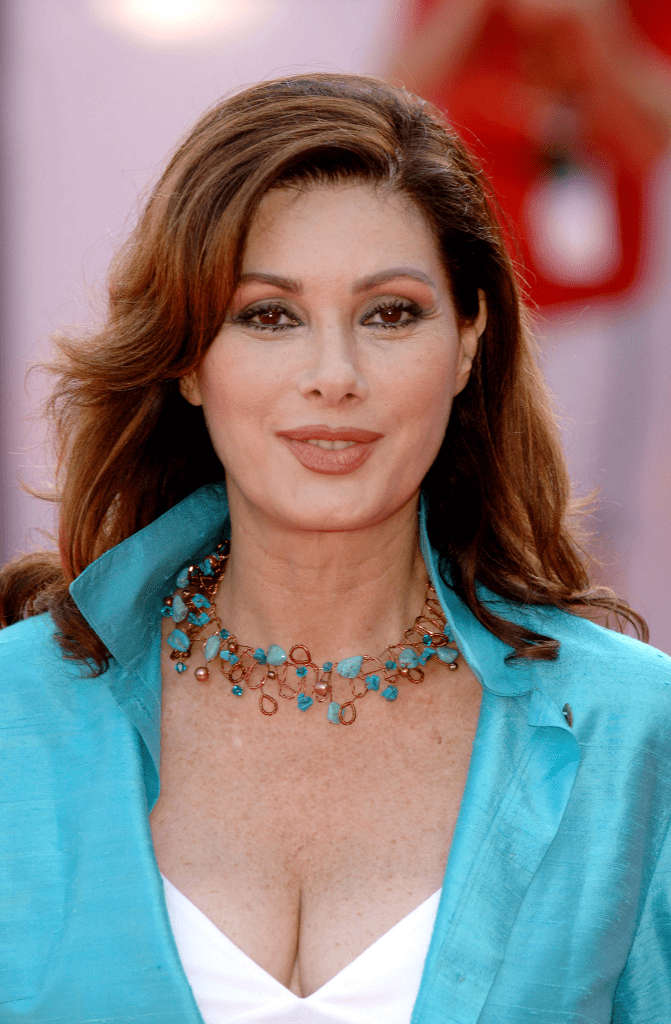
When asked about aging, she quipped, “Aging is like directing—you learn to control the lighting.” That’s Edwige: witty, wise, and utterly radiant.
The Eternal Allure of Edwige Fenech
Edwige Fenech’s story is more than the tale of a beautiful actress—it’s a lesson in reinvention, resilience, and grace. She mastered comedy, conquered thrillers, and later commanded the business side of cinema, all while maintaining an air of mystery that keeps fans enchanted decades later.
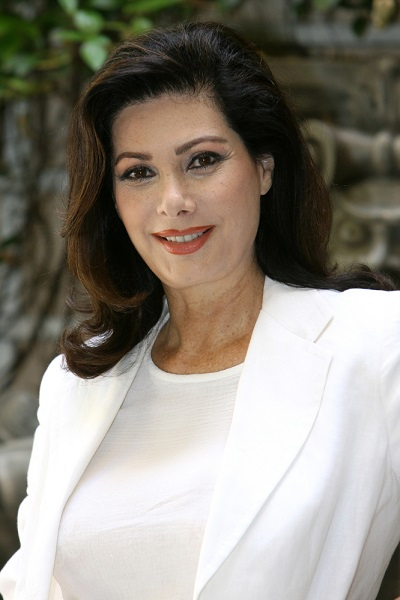
Her legacy isn’t just in the films she made, but in the confidence she inspired—the boldness to be sensual without apology, to laugh while defying expectations, and to live life like a film worth watching twice.
So next time you catch a vintage Italian film flickering on late-night TV, take a closer look. Behind that smile, behind those eyes, you’ll see the spirit of a woman who defined an era. She is Edwige Fenech—the eternal flame of European cinema.